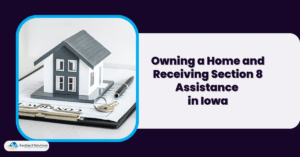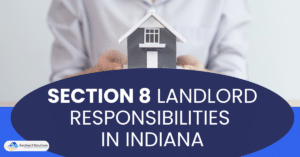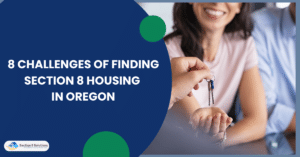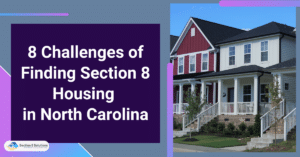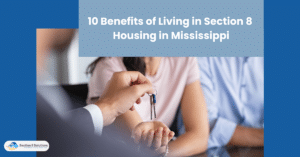Section 8 Housing in Georgia provides affordable rent, a choice of housing, and safe and decent living conditions. It can also offer financial stability and supportive services like job training and education programs to help participants improve their skills and increase their income.
This article will explore the benefits of Section 8 housing in Georgia, including affordable rent, choice of housing, safe and decent living conditions, financial stability, and supportive services.

1. Affordable Rent
Affordable rent is one of the primary benefits of the Section 8 housing program in Georgia. Eligible participants receive rental assistance, which helps them pay for a portion of their rent. This means that participants only have to pay a percentage of their income towards rent, making it much more affordable for them.
To be eligible for the program, individuals and families must meet certain income requirements. Generally, their household income cannot exceed 50% of the area median income, although some programs may have different requirements. Rent is then calculated based on the household’s income, with participants paying between 30% to 40% of their income towards rent.
This can make a huge difference for low-income families, who may struggle to afford the high cost of housing in Georgia. According to RentCafe, the average rent for an apartment in Georgia is $1,280 per month. For families living paycheck to paycheck, this can be a significant financial burden.
Section 8 housing can help make rent more affordable, with participants paying a fraction of the cost. This can free up money for other expenses, such as food, healthcare, and education.
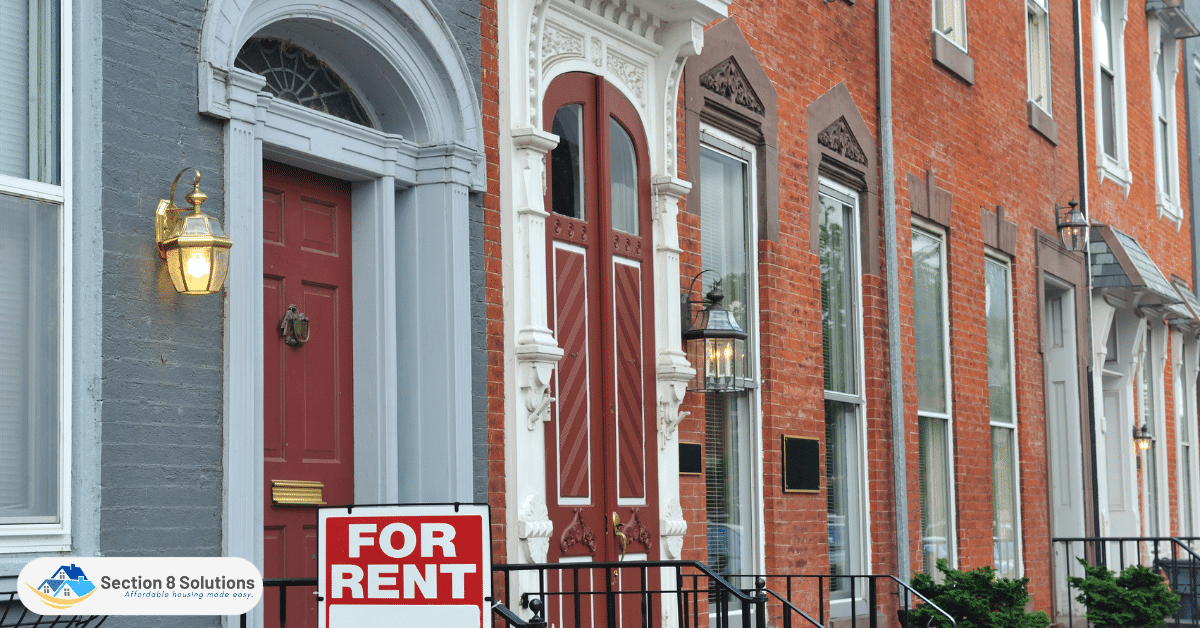
2. Choice of Housing
Another advantage of Section 8 housing in Georgia is that eligible participants have the freedom to choose where they live. As long as certain requirements are met, participants have the ability to choose any rental unit they want, regardless of location. This is made possible through the Housing Choice Voucher program, which is a key component of the Section 8 program.
The Housing Choice Voucher program provides a voucher to eligible participants that can be used to pay for a portion of their rent at any rental unit that meets the program’s requirements. These requirements include meeting certain quality standards, such as having adequate living space and being in good condition.
To find a Section 8 rental unit in Georgia, participants can search for available rental properties on various websites or through a real estate agent. Once they find a suitable rental unit, they must provide the landlord with their voucher information and go through the application and screening process.
Having the ability to choose where to live provides several benefits for participants. For example, they can choose a rental unit that is close to their place of employment, schools, or other amenities, such as parks and shopping centers. This can help improve their quality of life and make it easier for them to access necessary services.

3. Safe and Decent Housing
Another key benefit of Section 8 housing in Georgia is that eligible participants can live in safe and decent housing. To participate in the program, landlords must meet certain standards, such as providing rental units that are safe, clean, and in good condition.
The program also requires regular inspections to ensure that rental units meet safety and health requirements. Inspectors check for things like working smoke detectors, proper ventilation, and functioning plumbing and electrical systems. This helps to ensure that participants are living in safe and healthy conditions.
Safe and decent housing is important for low-income individuals and families because it can have a significant impact on their physical and mental well-being. For example, living in a home with poor air quality can lead to respiratory issues, while living in a home with mold can lead to allergic reactions and other health problems.
Moreover, living in an unsafe or unstable housing situation can lead to stress and anxiety, making it difficult for individuals and families to focus on other aspects of their lives, such as work and education.

4. Financial Stability
Section 8 housing in Georgia can also help eligible individuals and families achieve greater financial stability. One of the main ways it does this is by reducing the amount of money that participants have to spend on rent.
Participants in the program typically pay 30% of their income towards rent, with the remaining portion being covered by the voucher provided by the program. This can free up a significant amount of money that can be used for other expenses, such as food, transportation, and healthcare.
By reducing housing costs, Section 8 housing can also help to lift families out of poverty. According to a study by the Center on Budget and Policy Priorities, families who participate in the program have a poverty rate that is nearly half of what it would be without the program.
Georgia families benefit from Section 8 housing. Maria Sanchez’s family struggled to make ends meet despite renting a substantial chunk of their income. After receiving Section 8 housing, the family’s rent dropped dramatically. They had more money for other costs and financial stability.
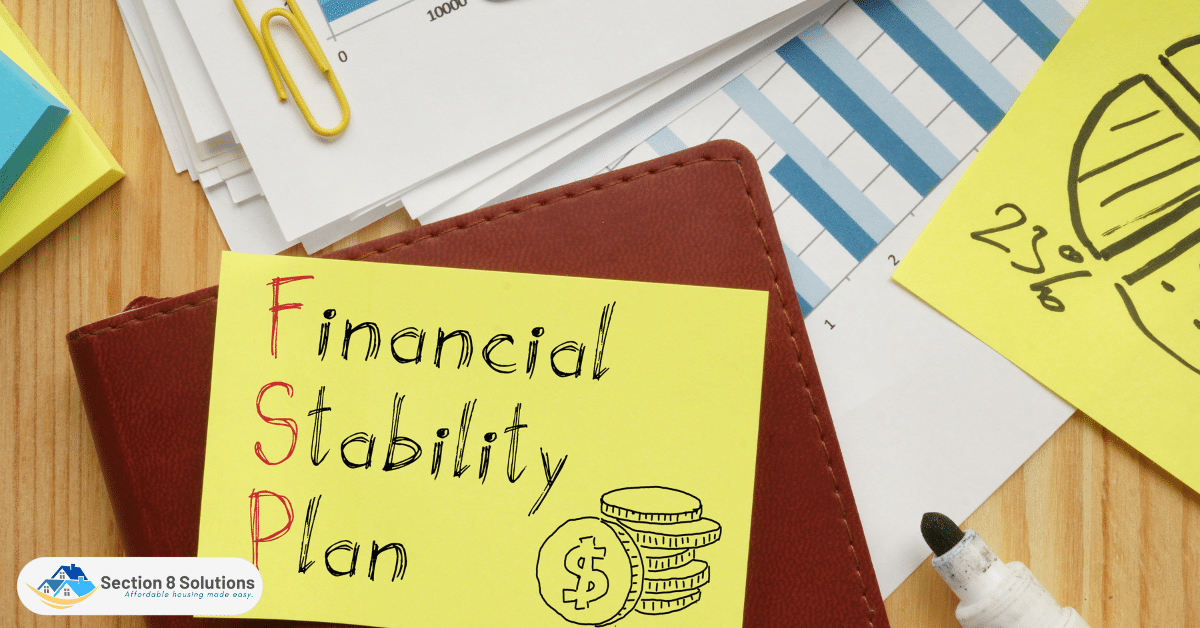
5. Supportive Services
Some Section 8 programs provide additional services beyond housing assistance, such as job training and education programs, to help participants achieve greater financial stability. These supportive services can provide participants with the skills and resources they need to increase their income over time, which can lead to greater financial independence.
The benefits of supportive services in Section 8 programs are numerous. By providing job training and education programs, participants can gain new skills and increase their earning potential, which can help them move towards self-sufficiency. These programs can also provide participants with access to financial coaching, counseling, and other resources that can help them manage their finances effectively.
In addition to providing immediate housing assistance, supportive services can help break the cycle of poverty. By investing in education and job training, participants can increase their earning potential and achieve greater long-term financial stability. This, in turn, can lead to better health outcomes, improved educational opportunities for children, and more stable communities.
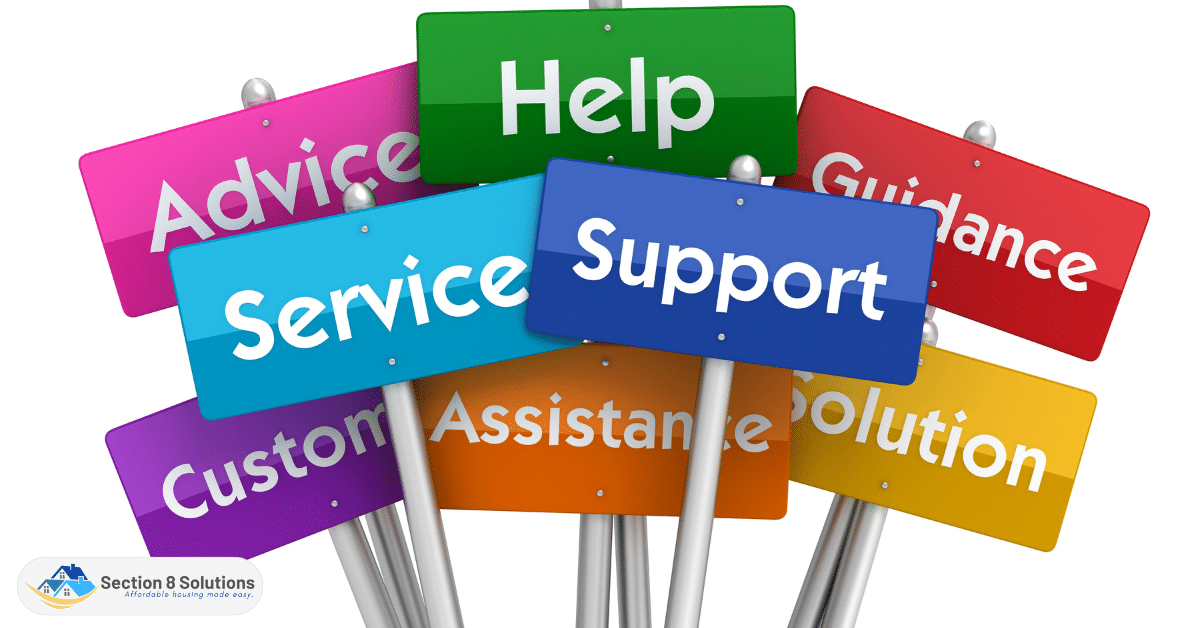
6. Access to Better Neighborhoods
Access to better neighborhoods is a significant benefit of the Section 8 Housing program in Georgia. Many low-income families and individuals are often forced to live in neighborhoods that lack adequate resources and infrastructure. These neighborhoods may have limited access to quality schools, healthcare facilities, job opportunities, and other necessary services.
By providing Section 8 vouchers, the program enables families to live in neighborhoods that they may not have been able to afford otherwise. This means that they can live in areas with better infrastructure, more resources, and better access to quality education, healthcare, and job opportunities.
Living in a better neighborhood can have a positive impact on a family’s quality of life. Children can attend better schools, which can increase their chances of success and provide better opportunities for the future. Parents can have better job opportunities and access to quality healthcare, leading to improved physical and mental health outcomes.
Moreover, living in better neighborhoods can also increase social mobility for low-income families. It can break the cycle of poverty by providing access to better resources and opportunities that can lead to upward mobility.
7. Improved Health Outcomes
The link between housing and health is well-established, and studies have shown that access to affordable housing through programs like Section 8 can lead to improved health outcomes for low-income families and individuals.
Living in substandard housing conditions can lead to various health problems such as asthma, lead poisoning, and other respiratory illnesses. Lack of access to safe and affordable housing can also lead to increased stress and mental health issues. These health issues can affect the overall well-being and quality of life of low-income families and individuals.
By providing affordable and safe housing, Section 8 can help mitigate these health risks. Studies have shown that families who receive Section 8 assistance are less likely to experience health problems related to inadequate housing conditions. This can lead to better health outcomes and overall well-being for low-income families and individuals.
Moreover, access to affordable housing can also improve healthcare outcomes. When families have a stable home, they are more likely to seek medical care when needed, leading to better preventative care and management of chronic illnesses.

Conclusion
Section 8 housing in Georgia provides affordable, safe, and decent housing to low-income individuals and families. The program offers financial assistance for rent, freedom to choose where to live, and supportive services for job training and education.
Eligible individuals and families should consider applying for the program to achieve greater financial stability and break the cycle of poverty. Providing affordable housing is essential for creating thriving, healthy communities and promoting greater equity and opportunity for all Georgians.



